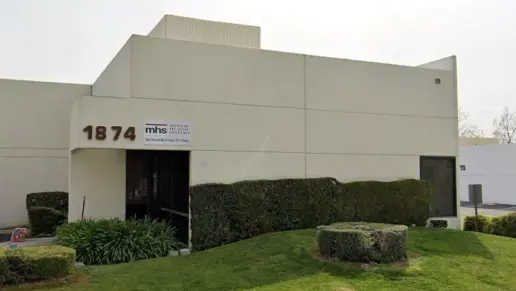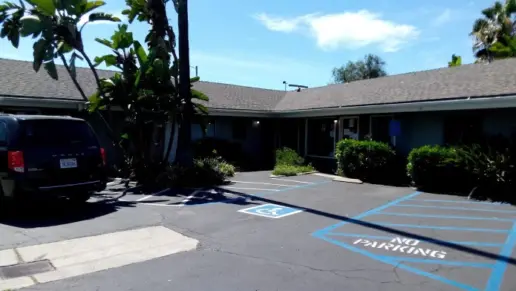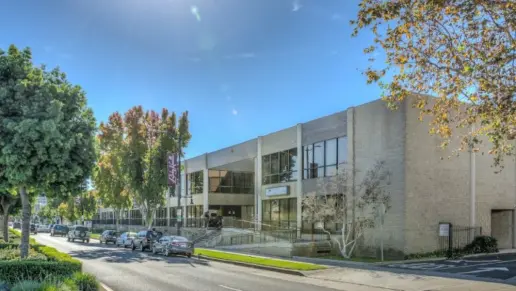About Della Martin Center
The Della Martin Center at Huntington Hospital offers alcohol and drug rehab services for teenagers and adults in Pasadena, California. Their services include dual diagnosis care, case management, partial hospitalization, intensive outpatient, and aftercare programs. They accept private insurance, self pay, Medicare, and Medicaid. Some clients may qualify for free care if they meet income criteria and don’t qualify for Medicaid.
Clients here receive a personalized evaluation and customized treatment plan before beginning any type of program. Their partial hospitalization program includes five days of individual and group therapy per week, and can also include holistic therapy, psychiatric care, and training sessions on emotional wellness. Clients meet regularly with their care team to check their progress. I thought it was smart that providers ask all clients to bring extra clothes and toiletries to their sessions, even if they’re just attending day treatments.
Their intensive outpatient program isn’t quite as rigorous. This program only requires three days of group and individual counseling per week. Clients may also receive physical therapy, emotional counseling, and trauma therapy. All alumni receive ongoing care, support, and community connections to help them maintain their recovery.
While some former clients agree that the staff members are generally caring and patient, one client noted difficulties with a specific clinic care partner. Others echoed this sentiment, sharing that the environment felt unsafe and they did not receive quality care while in the program.
Facility Overview
Latest Reviews
Rehab Score
Gallery
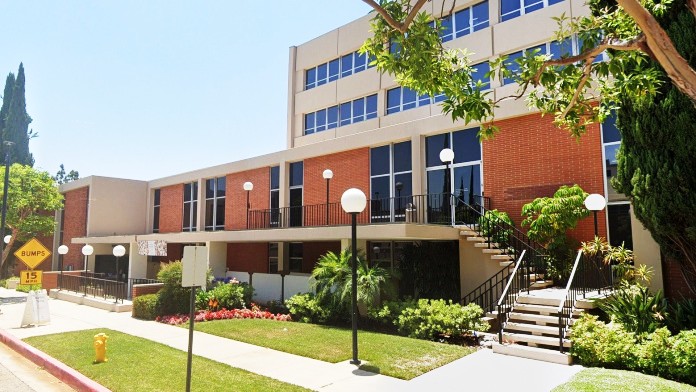
Location
Other Forms of Payment
Private insurance refers to any kind of healthcare coverage that isn't from the state or federal government. This includes individual and family plans offered by an employer or purchased from the Insurance Marketplace. Every plan will have different requirements and out of pocket costs so be sure to get the full details before you start treatment.
Self-pay involves paying for treatment out of your own pocket. You can use savings or credit, get a personal loan, or receive help from family and friends to fund your treatment. If you don't have insurance or your insurance plan doesn't cover a specific program, self-pay can help ensure you still get the care you need.
Medicare is a federal program that provides health insurance for those 65 and older. It also serves people under 65 with chronic and disabling health challenges. To use Medicare for addiction treatment you need to find a program that accepts Medicare and is in network with your plan. Out of pocket costs and preauthorization requirements vary, so always check with your provider.
Medicaid is a state based program that helps lower-income individuals and families pay for healthcare. Medicaid covers addiction treatment so those enrolled can use their coverage to pay for rehab. When a program accepts Medicaid the client often pays very little or nothing out of their own pocket.
Addiction Treatments
Levels of Care
Treatments
Many of those suffering from addiction also suffer from mental or emotional illnesses like schizophrenia, bipolar disorder, depression, or anxiety disorders. Rehab and other substance abuse facilities treating those with a dual diagnosis or co-occurring disorder administer psychiatric treatment to address the person's mental health issue in addition to drug and alcohol rehabilitation.
Mental health rehabs focus on helping individuals recover from mental illnesses like bipolar disorder, clinical depression, anxiety disorders, schizophrenia, and more. Mental health professionals at these facilities are trained to understand and treat mental health issues, both in individual and group settings.
Programs


Clinical Services
While participating in dialectical behavior therapy in California, you'll focus on four key areas of skill development: mindfulness, interpersonal effectiveness, emotion regulation, and distress tolerance. Treatment includes weekly individual and group sessions.
Group therapy is any therapeutic work that happens in a group (not one-on-one). There are a number of different group therapy modalities, including support groups, experiential therapy, psycho-education, and more. Group therapy involves treatment as well as processing interaction between group members.
Nicotine Replacement Therapy (NRT) is a way of getting nicotine into the bloodstream without smoking. It uses products that supply low doses of nicotine to help people stop smoking. The goal of therapy is to cut down on cravings for nicotine and ease the symptoms of nicotine withdrawal.
Amenities
-
Residential Setting
-
Private Setting
Staff

President & Chief Executive Director

Senior Vice President & Chief Clinical Officer

Chief Nursing Officer
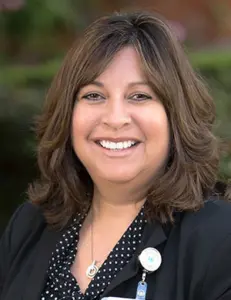
Chief Human Resources Officer and Senior Vice President, Administrative Services

Vice President, Enterprise, Clinical and Support Services
Contact Information
760 S Pasadena Ave
Pasadena, CA 91105
